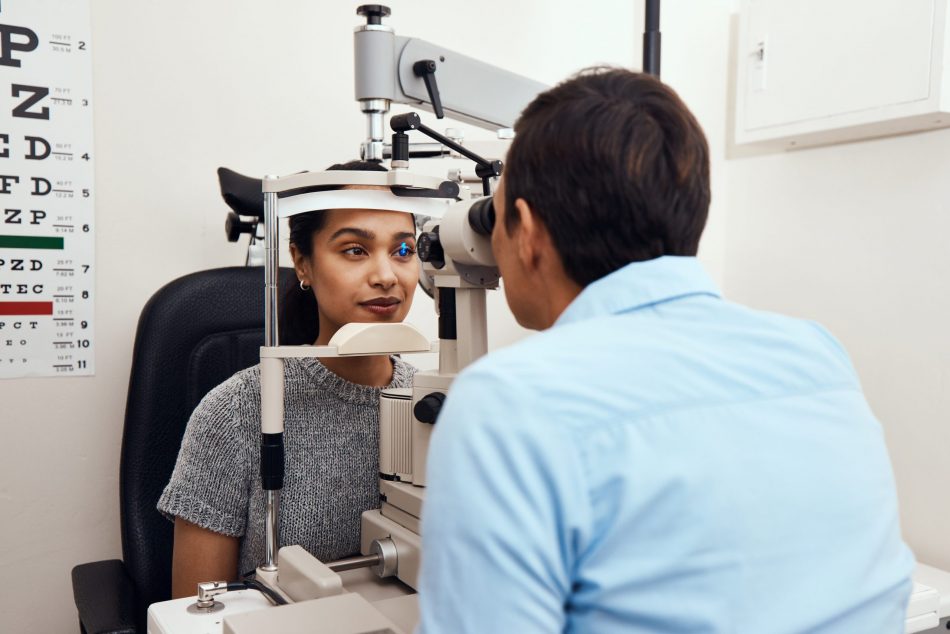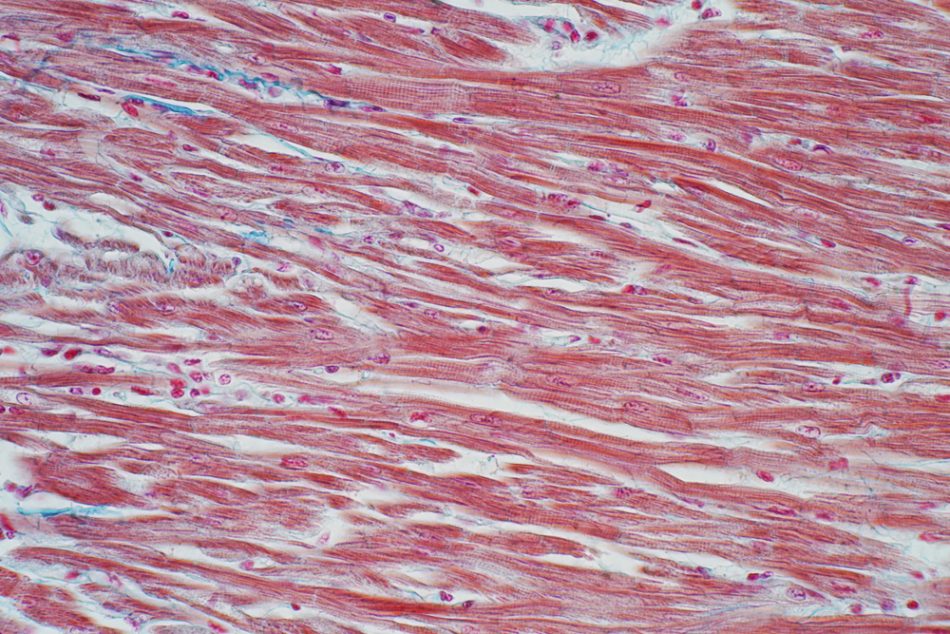
New technique reverses damage left by heart attacks
Our hearts are incredible for all that they do— but that said, they aren't great at mending themselves. Consequently, after a heart attack, a lot of scar tissue forms in the heart, making it less pliable and unable to pump blood. Researchers have identified a way to reverse some of the damage Read More...

Researchers could predict heart attacks with an eye exam
In a study presented at the annual conference of the European Society of Human Genetics, researchers explained how they combined clinical factors with an eye exam to predict patients’ likelihood of a heart attack. Researchers used medical and lifestyle data from 500,000 people from the UK Read More...

How caffeine may reduce your risk of heart attack
You might be enjoying a cup of coffee while you read this. Many of us enjoy the ritual of a morning coffee or tea, a little pick-me-up to clear the fog from our morning brain. Caffeine perks you up, helps your heart, and, sure, gives you the jitters if you have too much, but did you know that it Read More...

Deadly spider venom could soon help repair damage from heart attacks
Australia’s Fraser Island funnel-web spider is one of the world’s most dangerous arachnids. This is because of the powerful fangs through which it delivers its potent venom, as well as the venom itself — which has recently come to the attention of scientists as a promising potential drug Read More...

Stretchy medical patch is designed to heal damaged hearts
After a heart attack has occurred, some of the beating cardiac tissue ends up being replaced with non-beating scar tissue – this permanently compromises the function of the heart. A new patch, however, is designed to help. Bioengineers from Trinity College Dublin, Ireland, have developed a Read More...

Owning a dog may help heart attack and stroke patients live longer
A dog may be man’s best friend, but new research shows that beloved pets may offer much more than companionship. According to two new studies conducted by the American Heart Association (AHA), dog ownership may be associated with longer life and better cardiovascular health, especially for heart Read More...

You could soon carry a heart-attack detector in your pocket
Developers have created a novel smartphone app that works similarly to a traditional electrocardiogram (ECG) and can accurately tell whether the pain in your chest is actually an oncoming heart attack. The app is designed to detect very particular, deadly forms of heart attacks. In tests so far, Read More...

High fiber improves heart attack survival
Eating foods high in fiber—like fruit, legumes and grains—after surviving a heart attack can decrease your chances of dying over the years that follow. People who increased their fiber intake the most after suffering from a heart attack were 25% less likely to die from any cause up to nine Read More...


